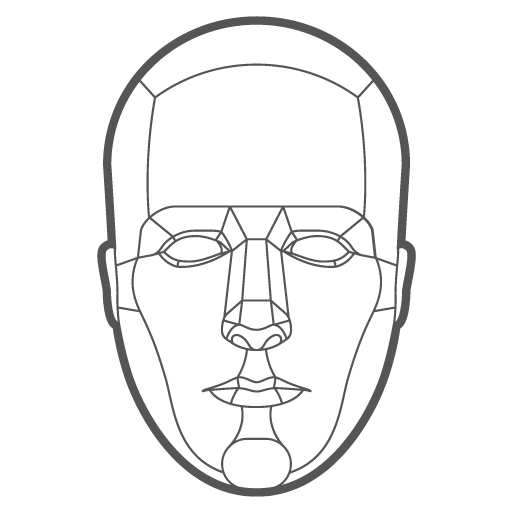The significance of philosophers should not be underestimated. Their ideas can permeate society for generations. It is very important to closely scrutinize the most influential ideas of philosophers. As Aristotle said, "The least initial deviation from the truth is multiplied later a thousandfold." Enlightenment philosophers such as Descartes and John Locke were very influential. Many of these philosophers made a very crucial error concerning the relationship between the ideas and the intellect. Here I will briefly explain this error and point out the consequences of the error.
The error: Many philosophers believe that a person is only conscious of his own ideas. We are not aware of anyone else's ideas. We can only infer the ideas that other people have based on what they say and do. When we think of an apple, we have an idea of the apple in our mind. This idea may be a percept, a memory, a sensation, or a concept. One only perceives his own ideas.
The consequences of this error: 1. Objectivity is destroyed. "Objective" refers to that which is the same for everyone. "Subjective" refers to that which is different from one individual to another. If we are only aware of our own ideas then ideas are merely subjective since we have no way of knowing if ideas are the same for everyone.
2. It leads to skepticism. If one only perceive his own ideas, then when one looks at an apple he/she is only aware of the representation of the apple in their mind. He/she is not actually aware of the apple in reality. One can guess that his/her idea of the apple is a good representation of the real apple, but he/she has no way of knowing. Why? because we can only tell if a representation is accurate by comparing the representation to the original. Since we have no access to the original we have know way of knowing whether our senses our trustworthy. Therefore we cannot directly apprehend what reality is like.
In my next post, I will show why these ideas about ideas are wrong.
